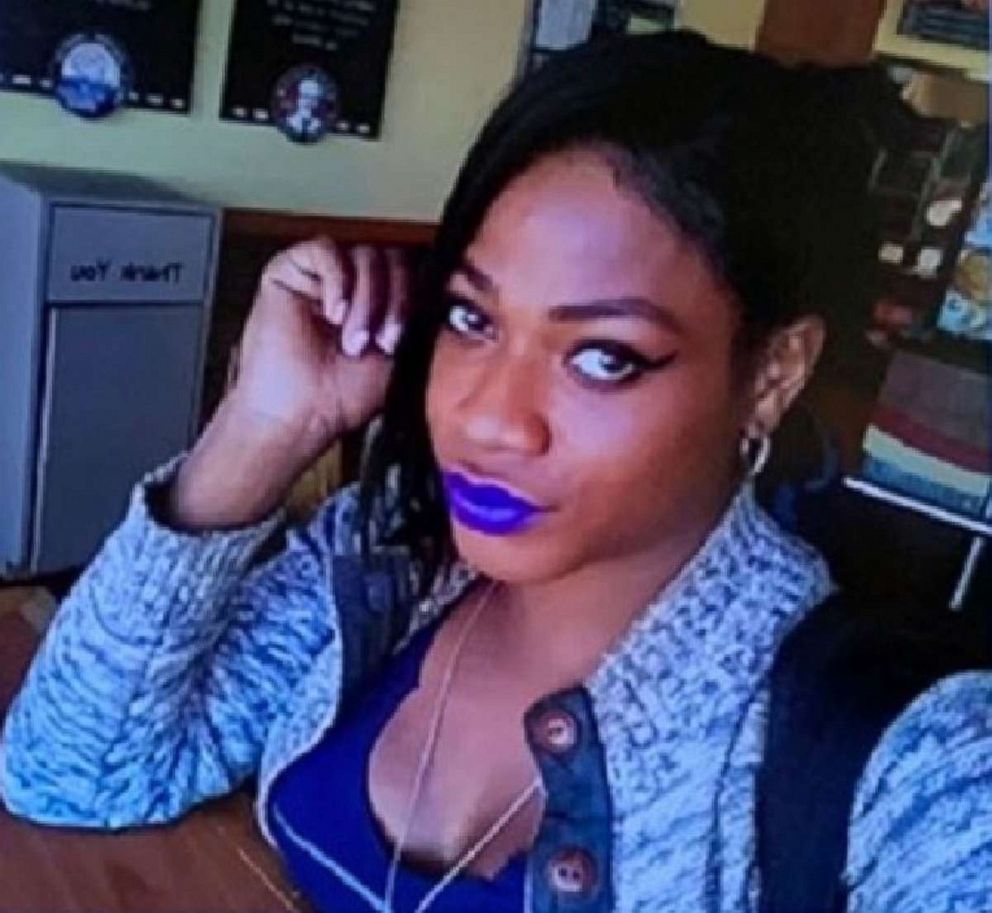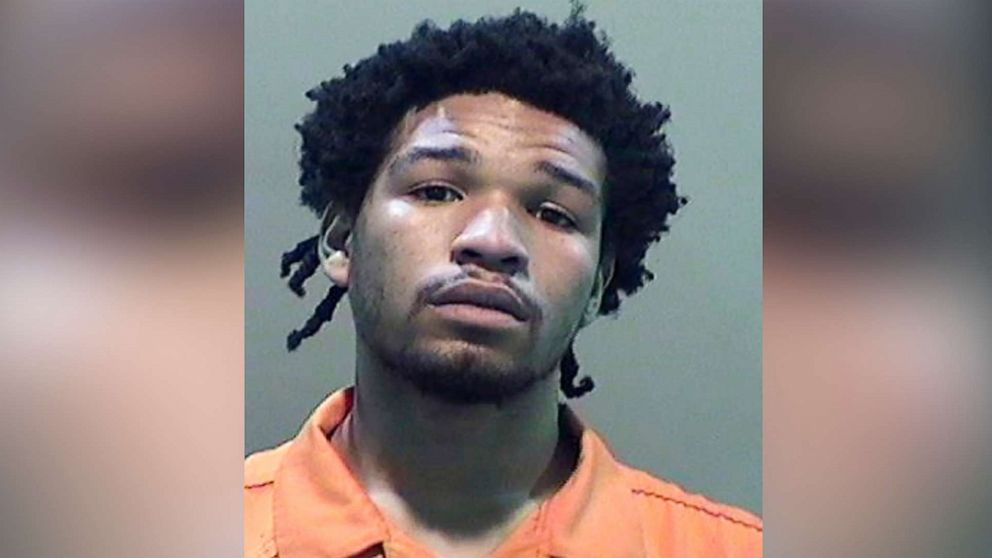Recent LGBTQ attacks highlight hate crimes
Pride Month is off to a violent start, according to activists.
In the first week of June, the killings of two gay men and a transgendered woman in Detroit and a gay man outside Atlanta have highlighted an alarming uptick in attacks against LGBTQ people and hate crimes in general, activists say.
"The month has really started very tragically," Georgia Equality Executive Director Jeff Graham told ABC News. "This is part of the challenging times in which we live. We know that the discrimination of LGBT folks is at an all time high."

On Thursday, 18-year-old Devon Robinson was charged in connection with the May 25th fatal shooting of three people in a home in east Detroit: two gay men Alunte Davis, 21, Timothy Blancher, 20, and a transgender woman, Paris Cameron, 20. On Tuesday, Ronald Peters, a 28-year-old gay man was shot and killed in Decatur, Georgia on his way to work, according to The Atlanta Journal-Constitution.
Georgia Equality's Graham noted that visibility for the LGBTQ community is especially high this month, particularly because the 50th anniversary of the Stonewall riots against a police raid of an iconic gay bar is on June 28.
Despite the progress against homophobia on many fronts, "amidst all the good, there tends to be a backlash," Graham said.
"We've certainly seen the current administration roll back protections for transgendered folks in housing and healthcare," Graham said. "When you have administrative and legislative action it does have correlation in seeing spikes in terms of violence."
In May, the Trump administration announced plans to strip Obama-era health care regulations that provided nondiscrimination protections for transgender patients. The administration also announced plans to allow homeless shelters that receive federal housing money to reject trans applicants. In March, the Pentagon instituted a policy to limit the military service of transgender people to birth gender.
What's particularly alarming advocates is the violence against transgendered women of color.
Cameron's death in Detroit marks the ninth killing of a black transgendered woman in 2019, according to Human Rights Campaign (HRC), the largest LGBTQ advocacy lobbying group in the U.S. In 2018, the group recorded at least 26 killings of transgender people in the U.S., the majority of whom were also black women.
In the last month, two black transgendered women were found dead in Dallas, Texas.
"When transphobia mixes with racism and misogyny it can often have deadly consequences," HRC spokewoman Sarah McBride told ABC News.
Georgia Equality's Graham agrees. "The violence and murder rate for trans folks, especially trans women of color, is just unacceptable."
It's difficult to track precise trends in violence for LGBTQ attacks, advocates say, because law enforcement agencies do not uniformly track hate crimes, says McBride.
Georgia, Graham said, is one of only four states that does not have a no hate crimes statute.
"We need Georgia to pass a hate crime law and so we can have good statistics so we can have training for police," Graham said. “It’s really hard to say [how much violence there is], if you don’t have any data. All of that starts with having an awareness of the problem and that starts with identifying the problem and naming the problem.”
HRC's McBride also wants more uniform reporting for bias crimes.
"Data we have doesn’t tell the full picture but even with the partial picture we have, we can see an increase in violence," McBride said.
As Pride month continues throughout June, the idea of violence is something leaders do take into account.
"There's no question that LGBTQ people, particularly after Pulse, are particularly aware of their surroundings and particularly aware of their safety in large gatherings," McBride said
'When transphobia mixes with racism and misogyny it can often have deadly consequences.'
That's not to say that anyone is advocating staying home.
"Violence against all minority groups has been on the rise the last couple of years," Graham said. “It is important that people do go out and continue to be proud of their lives and be very public. We know that has increased the level of acceptance."




